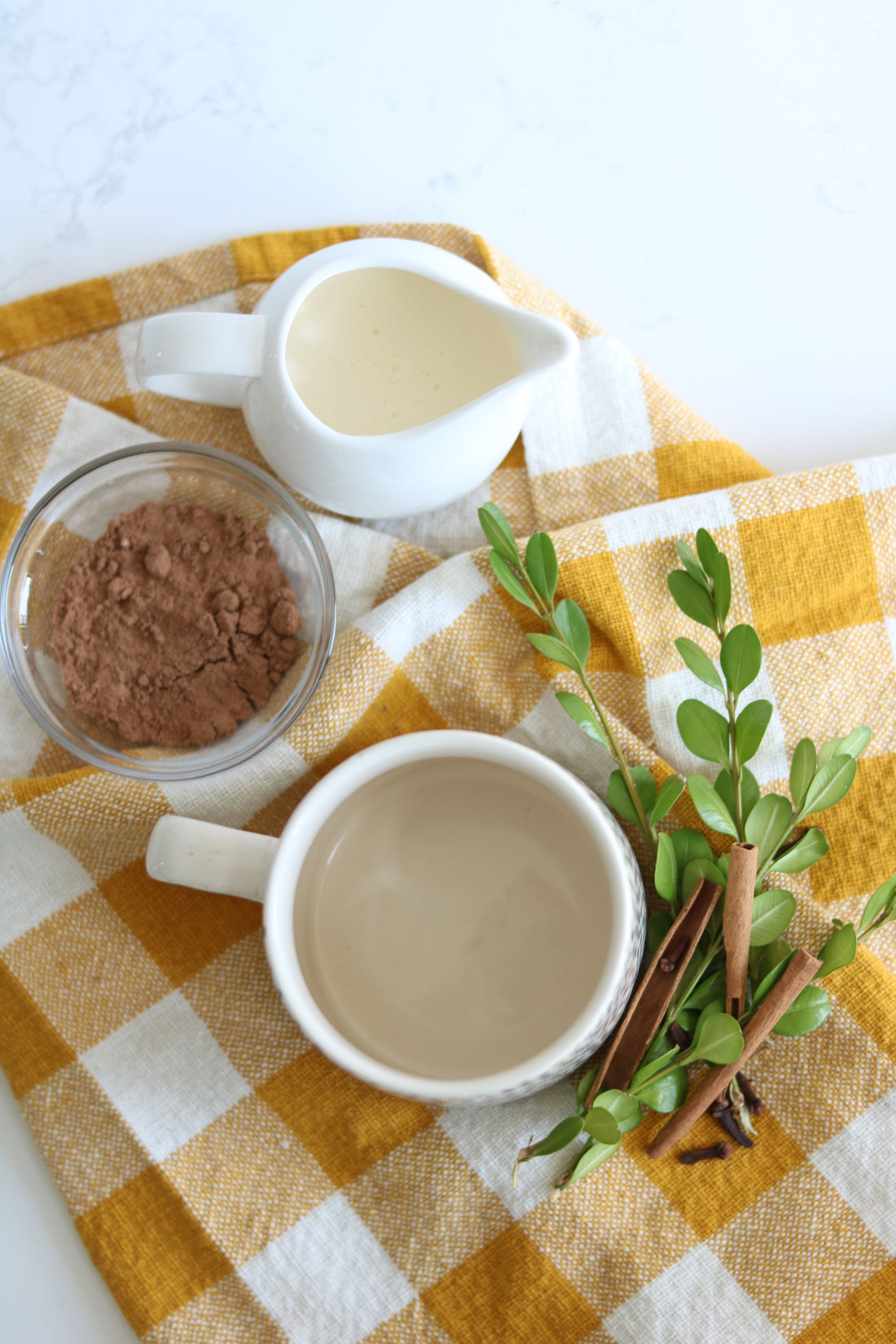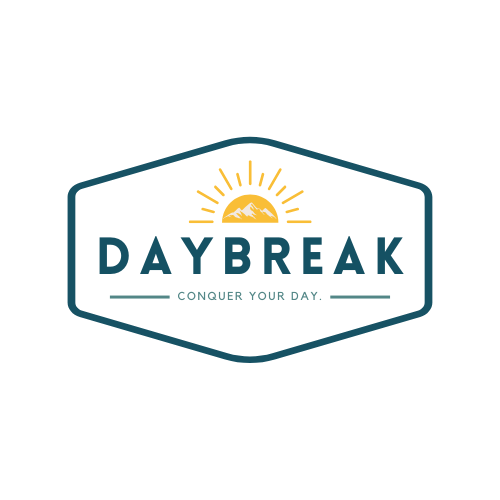
Prebiotics: Your Gut's Best Friend
Share
Prebiotics for Gut Health: Why They’re Your Gut’s Best Friend
If you’re serious about improving your digestion, boosting immunity, and supporting overall well-being, prebiotics for gut health are a game changer. These non-digestible fibers feed the beneficial bacteria in your digestive tract, helping your microbiome thrive — and a balanced gut microbiome is linked to better digestion, stronger immunity, and even improved mood.
At Daybreak Cacao, we’re passionate about supporting healthy lifestyles naturally. Let’s explore why prebiotics are essential, the science behind their benefits, and how you can easily add them to your diet.
What Are Prebiotics?
Prebiotics are naturally occurring, non-digestible carbohydrates — mostly plant fibers — that act as food for the good bacteria (probiotics) living in your gut. Unlike probiotics, which are live microorganisms, prebiotics stimulate the growth and activity of beneficial bacteria already present. This keeps your microbiome balanced and healthy, while reducing harmful bacteria.
Think of prebiotics as “fertilizer” for your digestive tract: they nourish the good microbes so they can do their job better.
The Benefits of Prebiotics for Gut Health
1. Improve Digestion and Reduce Discomfort
A healthy gut microbiome makes digestion smoother and less stressful. Prebiotics for gut health can help reduce bloating, gas, constipation, and diarrhea by balancing the bacteria in your gastrointestinal tract.
2. Strengthen Immunity
A strong immune system begins in the gut. Studies show that prebiotics can enhance immune responses and reduce inflammation. By feeding beneficial bacteria, you’re also improving your body’s ability to fight off illness.
Learn more about prebiotics and the immune system here.
3. Better Nutrient Absorption
When your gut bacteria are balanced, your body absorbs critical nutrients like calcium and magnesium more efficiently. This translates to stronger bones, healthier muscles, and more energy throughout the day.
4. Heart Health & Lower Inflammation
Emerging research shows that prebiotics may reduce LDL (“bad”) cholesterol and lower blood pressure. Their anti-inflammatory effects also support cardiovascular health and longevity.
Best Foods With Prebiotics
Want to get more prebiotics for gut health naturally? These foods are rich in prebiotic fibers:
-
Oats and oatmeal
-
Asparagus and artichokes
-
Garlic, onions, and leeks
-
Bananas (especially slightly green bananas)
-
Beans and lentils
-
Chicory root and Jerusalem artichokes
Eating a variety of these foods will diversify your gut microbiome, which scientists say is one of the hallmarks of a healthy digestive system.
Prebiotics Made Easy with Daybreak Cacao
We know life can get busy, and eating a perfectly prebiotic-rich diet every day isn’t always possible. That’s why we created our Daybreak Blend. This nutrient-packed drink combines rich cacao with functional mushrooms and four sources of prebiotics.
By starting your day with this energizing blend, you’re:
-
Supporting healthy digestion
-
Feeding your gut microbiome
-
Boosting your immune system
-
Getting antioxidants from cacao for extra wellness
It’s a delicious, convenient way to ensure your gut is getting the prebiotic fibers it needs to thrive.
How to Incorporate Prebiotics Into Your Daily Routine
-
Start your morning with a prebiotic-rich drink — like our Daybreak blend.
-
Add vegetables and legumes to every meal for slow-release prebiotic fiber
-
Snack on prebiotic foods like bananas or oats-based energy bites
-
Rotate your prebiotic sources for a more diverse gut microbiome
The Takeaway
Prebiotics are essential for a balanced gut and overall health. By prioritizing prebiotics for gut health, you’ll improve digestion, boost immunity, and enhance nutrient absorption. Whether through whole foods or our Daybreak blend, making prebiotics a daily habit is one of the simplest ways to support your gut — and your whole body.
